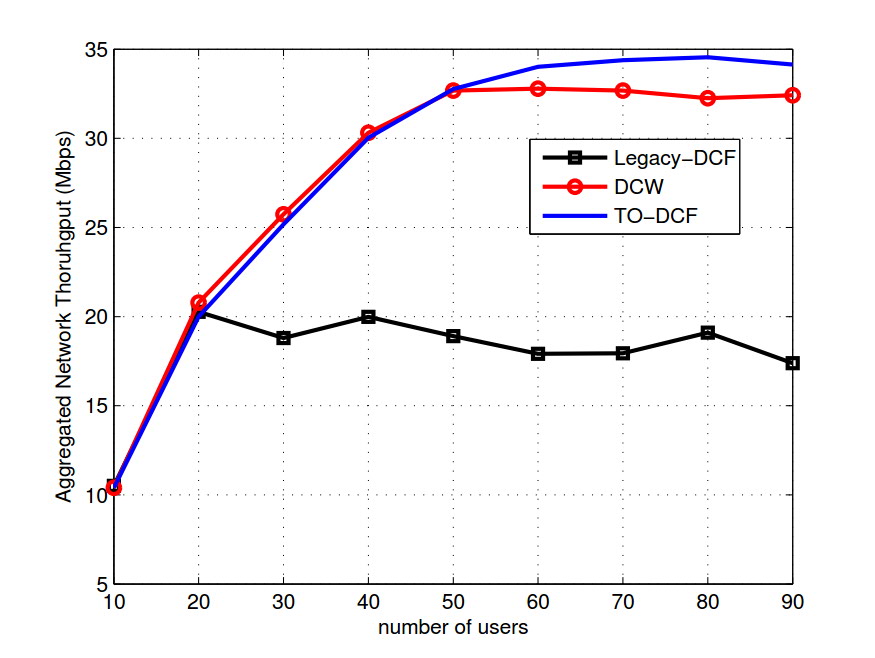New research gives more efficient Wi-Fi in crowded areas
Researchers from the MAPCI research institute in Lund have developed a new solution for making Wi-Fi networks more efficient in highly dense environments. The solution is a new backoff scheme and will be presented at an academic conference in December.
– Published 30 October 2015

In dense deployments, the performance of IEEE 802.11 Wireless Local Area Networks depends on the development of efficient contention resolution mechanisms since the collision probability can be high even with low number of users with the current 802.11 MAC mechanism. Also, the current 802.11 MAC is not opportunistic in the sense that it does not consider channel quality and traffic load of users, which can greatly degrade the network capacity.
– This work presents a solution for the inefficiency problem of Wi-Fi networks in very dense environments such as a stadium. The proposed solution is based on a new IEEE 802.11 Medium Access Control (MAC) protocol which increases the network throughput up to 70% compared to the legacy MAC protocol, says Mehmet Karaca, who authored the paper together with Zhi Zhang and Björn Landfeldt at MAPCI.
In the paper, the researchers propose a new backoff scheme which performs well for dense networks resulting in low collision probability. Also, the backoff scheme opportunistically gives higher priority to users with high traffic load and better channel conditions, and thus reduces unnecessary contention.
The paper will be presented at the conference IEEE Globecom in San Diego, USA, in the beginning of December.
Read more about the paper and download it here: lup.lub.lu.se/record/8053221
More about Mehmet Karaca: mapci.lu.se/personnel/dr-mehmet-karaca/
